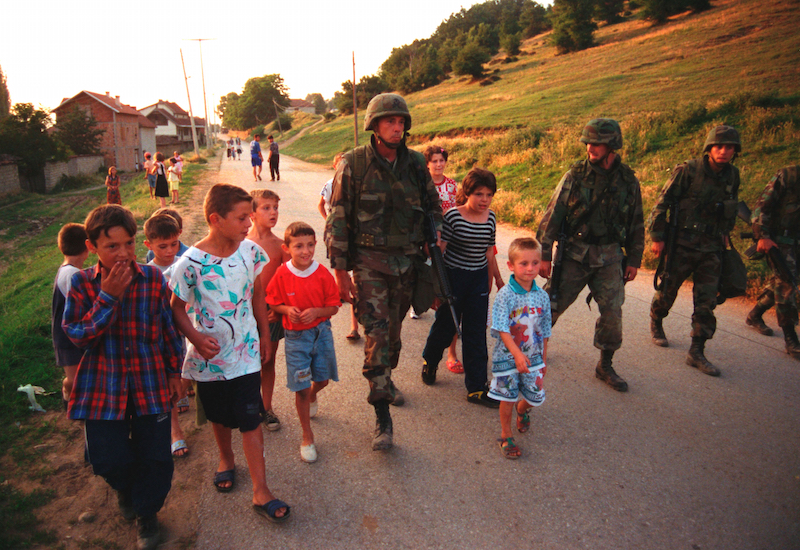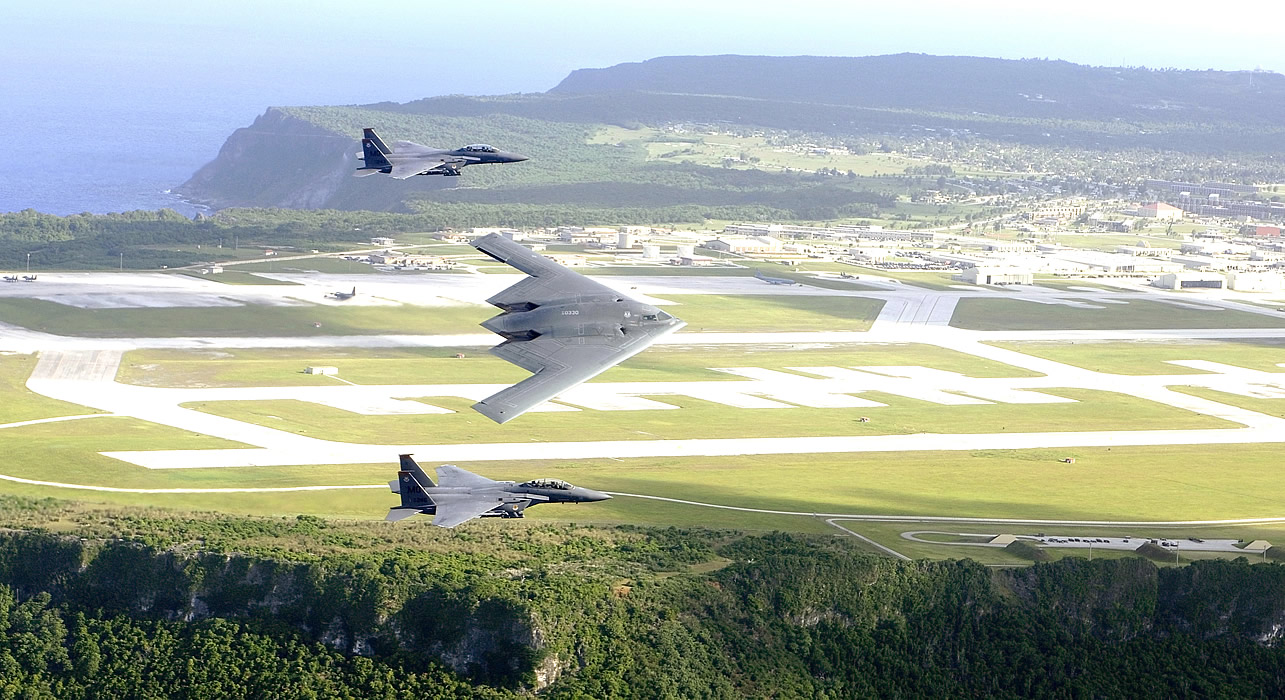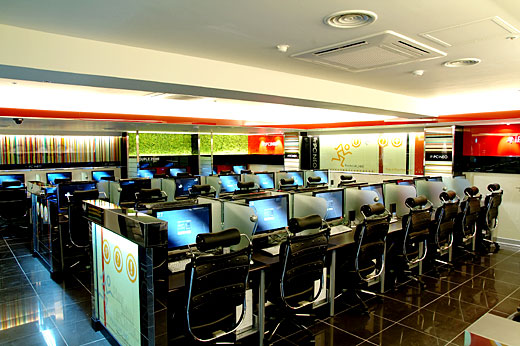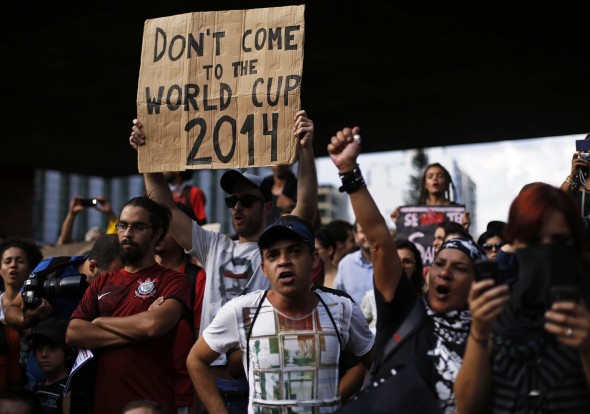One of the many legacies left by an external power that directly correlates to tensions in the region was the occupation of Kosovo by the Ottoman Empire. Neither Serbia nor 44% of the United Nations member states recognize its independence, and since 1999, NATO has led a peace-support operation in Kosovo to secure stability. To understand how both situations came to be, the West needs to understand Kosovo’s political and cultural history. Much like the break-up of Yugoslavia, each party has a distinct narrative of the origin, rise, and destruction of Kosovo.
In Serbia, Kosovo is considered the cradle of Serbian civilization before the capital was moved to Belgrade. Serbs feel that a foreign empire came and took a piece of their land away from them, planting a different ethnicity to rule the region. Since they did not convert to Islam and the Albanians did, the land was given to the Albanians as a cultural reward for working with the Ottomans. In essence, a large imperial power instituted a different future and Serbs envision it as their duty to not forget or let go of their ancestral homeland.
Albanians feel they were present in that region since its inception, a land that they claimed before the Slavs migrated to southern Europe. While Albanians are predominately Muslim, they claim that the conversion to Islam did not grant them any special claims to territory. They believe the majority population is the natural ethnicity of Kosovo and that the current population should govern the land.
The underlying story is that the land is of historic significance to both ethnicities. The Serbian population has receded so that only one in every ten in Kosovo is Serbian with the Albanian population feeling alienated by the minority population. The Albanian population feels it has finally been granted the right to its land after generations of Serbian rule, while Serbs feel Albanians are eradicating the Serbian heritage there. The Serbs claim that the current population demographics are not an adequate indicator of previous heritage – the loss of Kosovo looms large in Serb consciousness, still deeply offending them today.
COMMUNICATING WITH THE WEST
When NATO occupied Kosovo during peacekeeping missions, they used media as a means of communicating with the citizens of Kosovo. A poster depicting a dog and a cat with text reading “if they can do it – so can you” was blasted on billboards around the region to the disgust of civilians. This was seen as a prime example of racism par excellence. Serving as a direct connection between the developed Western world and the poorer Kosovars, it reminded everyone that even at the most grim and darkest of times, the Western world’s assistance came with condescension.
Both Serbian and Albanian citizens alike had similar notions. Instead of choosing to relate or sympathize with the suffering population, they compared ethnic difficulties as a natural complement to those of a dog and cat. By dismissing a historical battle as simple ethnic tension, the importance of history is subjected to a stark double standard. Kosovars felt that the West did not want to develop them, but rather tame them. With that poster, it was perceived that the goal was not to end difficulties in the region, but to enforce submission.
Naturally, you are left to wonder: is the depiction of Albanians and Serbs as animals a sign of humanitarian intervention or cultural imperialism? Now one begins to understand the exhaustion and confusion felt by Kosovo citizens of both ethnicities.
THE BALKANS: TODAY AND TOMORROW
In the Balkans, left is right and right is left.
It seems that when they take one step forward, there are always two steps back. Macedonia’s Skopje 2014 project is littered with corruption and scandal, drawing extreme criticism from political analysts, neighbouring nations, and the public. ISIS in the Balkans has become a global issue, raising concerns about the importance and readiness of the poorer nations to defend the Western world.
The Balkan region is once again in the global agenda as it shields the European Union from incoming migrants. With Serbia, Bosnia, and Albania all being EU candidate nations, they have become tasked with a list of to-dos to ensure accession to the EU. Indeed, even Angela Merkel initiated the first conference on the Western Balkan states in 2014, igniting a conversation about their development. But which direction will these new initiatives take them; will they continue to force what they believe the Balkans need on each nation or will they work from the ground up to try and understand each citizen of the region first?
For the West to explain the Balkan crisis as the result of ancient ethnic hatred is to turn the story upside down and begin at the end. The policies they enact in response to each misdiagnosed nation leads to further hostility and distrust by Balkan citizens.
Yes, there was tension in Kosovo that required military intervention, but why were Serbian civilians in cities hundreds of kilometers away from Kosovo bombed, including water and electricity providers? As mentioned in Part I, there were civilians who may never have seen an Albanian, or cared for Kosovo or the Serbian government that were killed or left to live with no water, food, or limbs.
Similarly, why was Kosovo simply turned into a military base and left more unstable than ever? For the Albanians to work with NATO to receive liberation, only to watch it become Europe’s pit for drug, weapon and human trafficking creates distrust amongst Albanians as well. To them, the West has come in to end violence so they could plant an operational base there, leaving Kosovars, both Albanian and Serbian alike, to struggle worse than ever before. Much like the Middle East, Balkan nations view their problems as an excuse for the West to forcefully implement new policies and bombing campaigns.
NATO intervention has created distrust towards the West from all ethnic groups in Kosovo, but because of the perceived boundaries dividing them, this resentment is voiced in each group separately rather than functioning as a unifying factor. Subsequently, the West needs to realize the ultimate truth regarding nation-building in historical regions.
The cultural, religious, and historical backgrounds of nations are distinct by necessity. These differences are not abstractions but rather they exist in the lives, traditions, and attitudes of people. If these national and ethnic identities are not appreciated, the fear is that future policy changes by the EU will not accommodate the defining features that constitute distinct identities. The goal should not be to change the people, but to find out how to make them live with their differences by emphasizing the binding commonality within them all. This is the way to generate unity from mismatched pieces, which ultimately should be the goal of globalisation.
Economic development comes with Western influence, but Balkan nations would only like to develop, not transform. And so the question remains, how can Balkan nations form a new identity that succeeds in the future with a minimal Western institutional stamp on it? Moreover, how can the West begin to view the Balkan region as equally a part of Europe as any other? Balkan citizens are not billiard balls forcefully colliding for no reason. They, too, are human beings who identify with Europe and would like to grow with the rest of the continent.
To the Balkan citizen, the only way the West can ever appropriately evolve the Balkan region is to first address these questions and work with the citizens on the ground level.
What the West Doesn’t Understand About the Balkans Series:
Part 1- The Yugoslavia Break Up
Part 2- Alexander the Great and Macedonian Identity
Photo: Local Children in Zegra (1999). Courtesy of US Marine Corps via Wikipedia.
Disclaimer: Any views or opinions expressed in articles are solely those of the authors and do not necessarily represent the views of the NATO Association of Canada.




